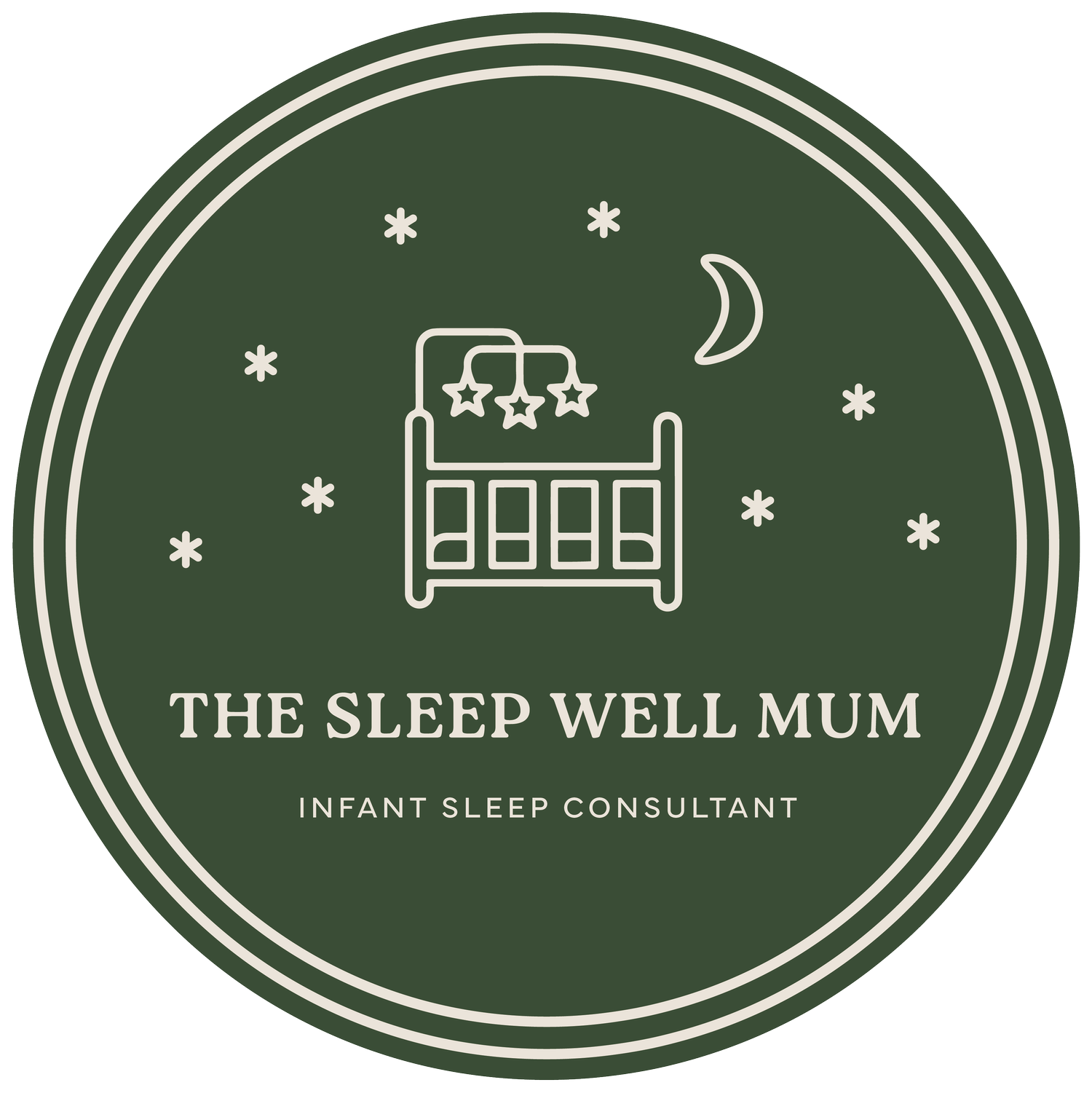‘Why won’t my baby sleep?’ 7 common reasons.
If you’re reading this at 3 a.m. while rocking your wide-awake baby, first—know you’re not alone. Baby sleep struggles are one of the most common challenges new parents face, and they can leave you feeling exhausted, frustrated, and even doubtful of your parenting skills. The good news? There are usually clear reasons behind your little one’s wakefulness, and with time, things do improve.
Let’s explore why your baby might not be sleeping well and some gentle strategies to help.
1. Newborn Sleep Is Different
Newborns don’t sleep as adults do. Their tiny bodies are still adjusting to life outside the womb, which means:
Cat Naps
Frequent waking for feeding.
No sense of “day” and “night” for the first few weeks.
Tip: Focus on creating a flexible routine rather than expecting long stretches of sleep early on. You can start a practicing a bedtime routine with a simple set of steps e.g feed, bath, massage, story, feed, cot.
2. Hunger and Growth Spurts
Babies grow rapidly, and growth spurts can make them extra hungry—sometimes every 1–2 hours.
Newborns often need to feed 8–12 times a day.
Older babies still have nutritional needs at night, especially during developmental leaps.
Tip: If your baby is feeding frequently and seems satisfied afterward, this may be a normal phase that will pass.
3. Discomfort
A dirty nappy, wind, teething pain, or even being too hot or cold can disrupt sleep.
Tip: Check for physical discomfort first before suspecting any other cause.
4. Sleep Associations
If your baby has learned to fall asleep only while feeding, being rocked, or held, they may struggle to fall back asleep when they naturally wake during the night.
Tip: Try introducing self soothing habits—such as placing your baby down awake in their cot. Use comforting techniques such as patting, rubbing tummy and offer verbal comfort such as shushing or use of a sleep phrase. Use these comforting techniques initially with the aim of gradually peeling back this support.
5. Developmental Milestones
Rolling over, crawling, babbling…These skills are exciting for your baby, but they can also disrupt sleep. Their brains are busy practicing new abilities, even at night!
Tip: Give your baby plenty of opportunity to practice new skills during the day so they’re less eager to try them at 2 a.m.
6. Separation Anxiety
Around 6–9 months, many babies start to experience separation anxiety. They may wake and cry simply because they want you nearby. They also may not feel confident in their own sleep space.
Tip: A consistent bedtime routine and lots of gentle reassurance can help your little one feel safe. A story before bed can also build connection, helping your little feel more secure going into sleep. By doing some ‘cot work’ and placing your little one in the cot more during the day or allowing them to play in there with some toys can also make that space feel less daunting.
7. Environment
Your little one’s sleep environment can also cause night wakings. For example, is the room too light? Are there any noises waking them at a certain time during the night or morning.
Tip: Complete darkness encourages the body’s production of melatonin which is the sleep hormone. So Keeping the room as dark as possible promotes sleep.
In order to mask external noise, the use of white noise may help your little one stay asleep. Just remember to place away from baby and ensure it does not exceed 50 decibels.
When to Seek Advice
If your baby’s sleep difficulties are accompanied by:
Poor weight gain
Excessive crying or irritability
Difficulty breathing
Signs of illness
Then medical attention is most definitely needed to get to the root cause of the sleep issue.
Reminder:
Your baby’s sleep (or lack of it) isn’t a reflection of your parenting—it’s a normal, if exhausting, part of their development! Understanding the reasons behind their wakefulness can help you respond with patience and find small ways to improve rest for everyone in the family.
Remember: These sleepless nights are temporary. One day, you’ll be looking back on them with a lot more rest—and maybe even a smile.


